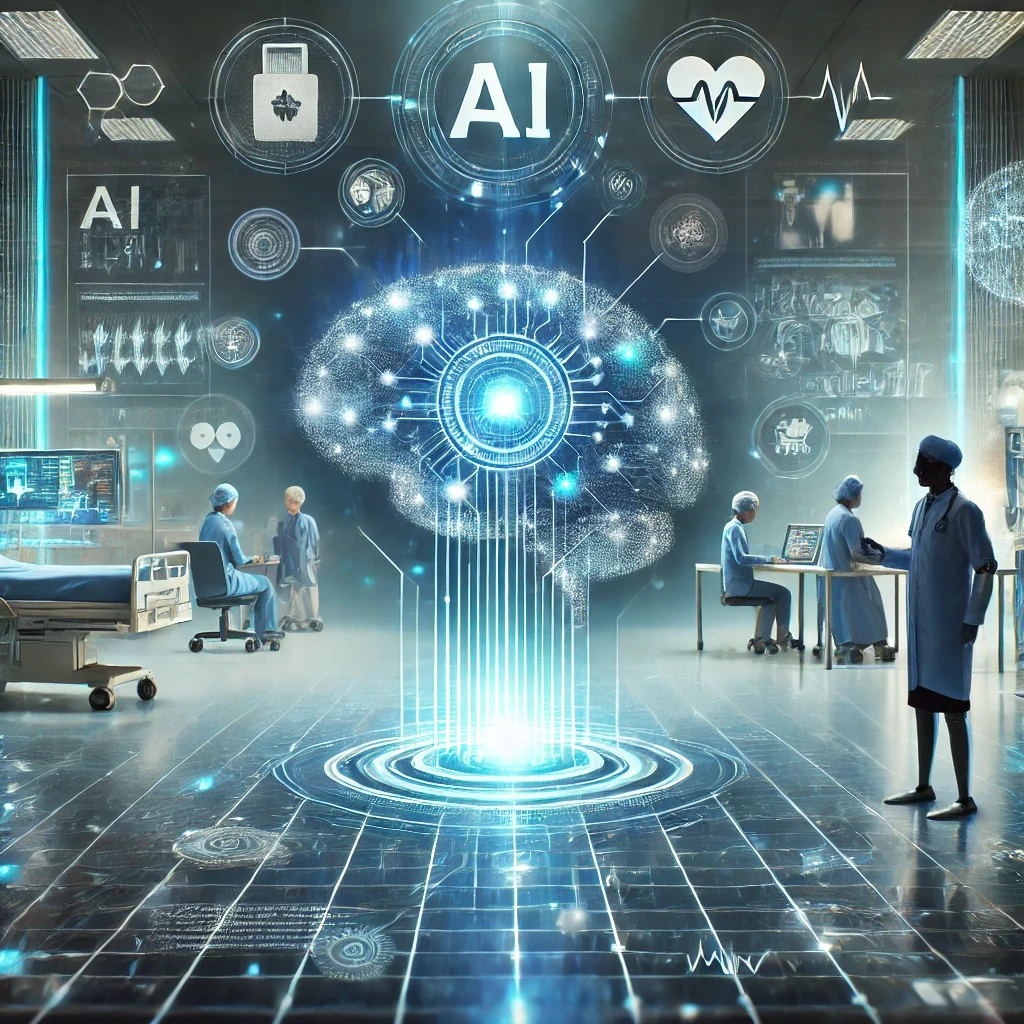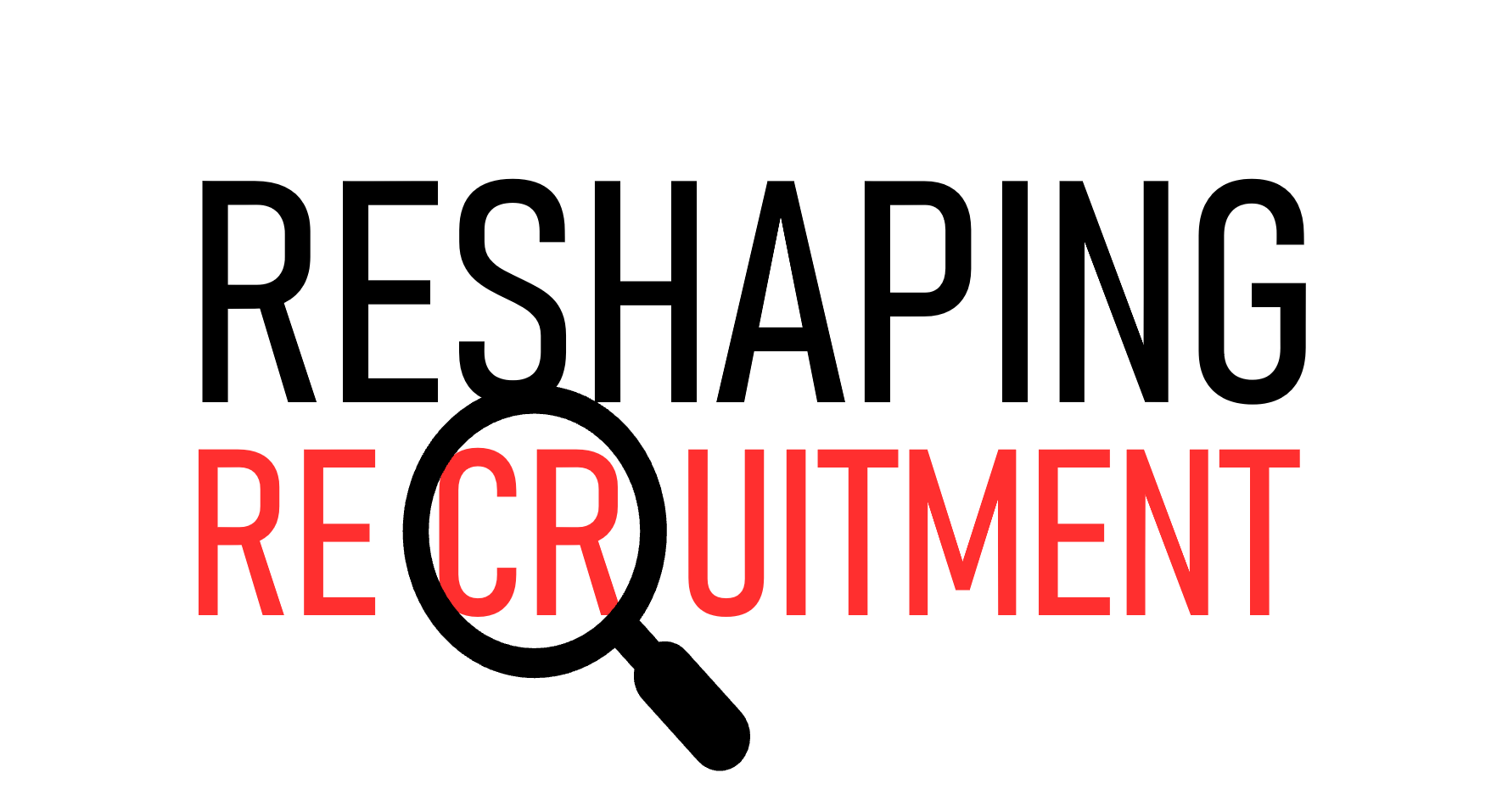
The Hidden Future Of AI In Modern Healthcare
The Hidden Future Of AI In Modern Healthcare
I've spent over five years implementing AI across industries, but nowhere does the technology hold more transformative potential than in healthcare. The early applications we're seeing now are just the beginning of a profound shift that will fundamentally alter how healthcare is delivered, experienced, and advanced.
What makes AI uniquely powerful in medicine is its ability to process and find patterns in vast amounts of data – more than any human could analyze in a lifetime. This capability is already enhancing diagnostics, personalizing treatment plans, and improving operational efficiency, yet we're only scratching the surface.
The Current State Is Just The Foundation
In the U.S., organizations like Alverno Laboratories are already using AI to enhance digital pathology, dramatically improving diagnostic speed and accuracy. Their approach perfectly illustrates what I call the "Hybrid AI Workforce" model – where technology amplifies human capabilities rather than replacing them.
This principle is fundamental. AI is a tool, no more and no less. A sophisticated tool, but a tool nonetheless. The value isn't in the technology itself but in how we apply it to solve real problems.
What's happening in India's digital health market offers another glimpse into our collective future. There, AI is enabling healthcare access in remote areas through smart diagnostics and telemedicine platforms. These solutions don't just digitize existing processes – they reimagine them entirely.
Tomorrow's Healthcare Will Be Unrecognizable
Based on current trajectories and my experience implementing AI systems, I predict several major shifts in how healthcare functions within the next five to ten years:
First, diagnosis will become increasingly proactive rather than reactive. AI-powered continuous monitoring through wearables and ambient sensors will detect subtle physiological changes that precede disease, allowing intervention before symptoms appear. This represents a fundamental shift from treating illness to maintaining wellness.
Second, treatment plans will become truly personalized. AI will analyze a patient's genetic makeup, medical history, lifestyle factors, and even social determinants of health to generate treatment recommendations uniquely tailored to the individual. One-size-fits-all medicine will seem primitive by comparison.
Third, clinical decision support will evolve from simple rule-based systems to sophisticated AI assistants that provide physicians with evidence-based recommendations, highlight potential diagnoses they might have overlooked, and continuously learn from outcomes. We're already seeing this with trials involving GPT-4 in clinical settings.
The Human Element Becomes More Important, Not Less
A common misconception is that AI will replace healthcare professionals. My work implementing the Hybrid AI Workforce approach across industries has consistently shown the opposite to be true.
When routine tasks are automated, human expertise becomes more valuable, not less. AI excels at pattern recognition, data analysis, and evidence synthesis. Humans excel at empathy, contextual understanding, ethical reasoning, and building trust.
The most successful healthcare organizations will be those that strategically integrate AI to handle what machines do best, freeing humans to focus on what only humans can do well. This is the essence of the Hybrid AI Workforce in healthcare – human and artificial intelligence working in concert, each amplifying the other's strengths.
The Regulatory Landscape Will Evolve With The Technology
The European Union's Artificial Intelligence Act provides an early framework for how regulations will likely develop. It takes a risk-based approach, with higher scrutiny for AI systems used in clinical settings where mistakes could harm patients.
This regulatory evolution will continue globally, with frameworks that balance innovation with necessary safeguards. Healthcare organizations should actively participate in shaping these regulations rather than merely reacting to them.
Smart healthcare leaders are already preparing for this future by organizing their data, building AI literacy within their organizations, and experimenting with pilot projects that can scale.
The Key Challenge Is Implementation, Not Technology
I've seen numerous AI initiatives fail not because the technology didn't work, but because the implementation approach was flawed. The technology itself is rarely the limiting factor.
Success requires rethinking workflows, training staff appropriately, setting realistic expectations, and measuring outcomes that matter. It requires understanding that AI implementation is a journey, not a one-time project.
Organizations that approach AI as a strategic capability rather than a tactical solution will pull ahead. The gap between digital leaders and laggards in healthcare will widen dramatically over the next decade.
The Path Forward
For healthcare leaders navigating this changing landscape, my advice is straightforward: start small, focus on well-defined problems where AI can make a meaningful difference, measure outcomes rigorously, and scale what works.
Build internal capabilities gradually. Develop a clear data strategy – AI is only as good as the data it learns from. And most importantly, keep humans at the center of your thinking.
The future of healthcare isn't AI replacing humans. It's AI enabling humans to deliver care that's more precise, personalized, proactive, and accessible than ever before.
The coming decade will bring healthcare transformation more profound than anything we've seen since the advent of modern medicine. Organizations that understand and embrace the Hybrid AI Workforce model will lead this transformation, delivering extraordinary value to patients and providers alike.
The question isn't whether AI will transform healthcare – it's already happening. The question is who will lead that transformation, and how quickly we can realize its benefits for patients worldwide.

